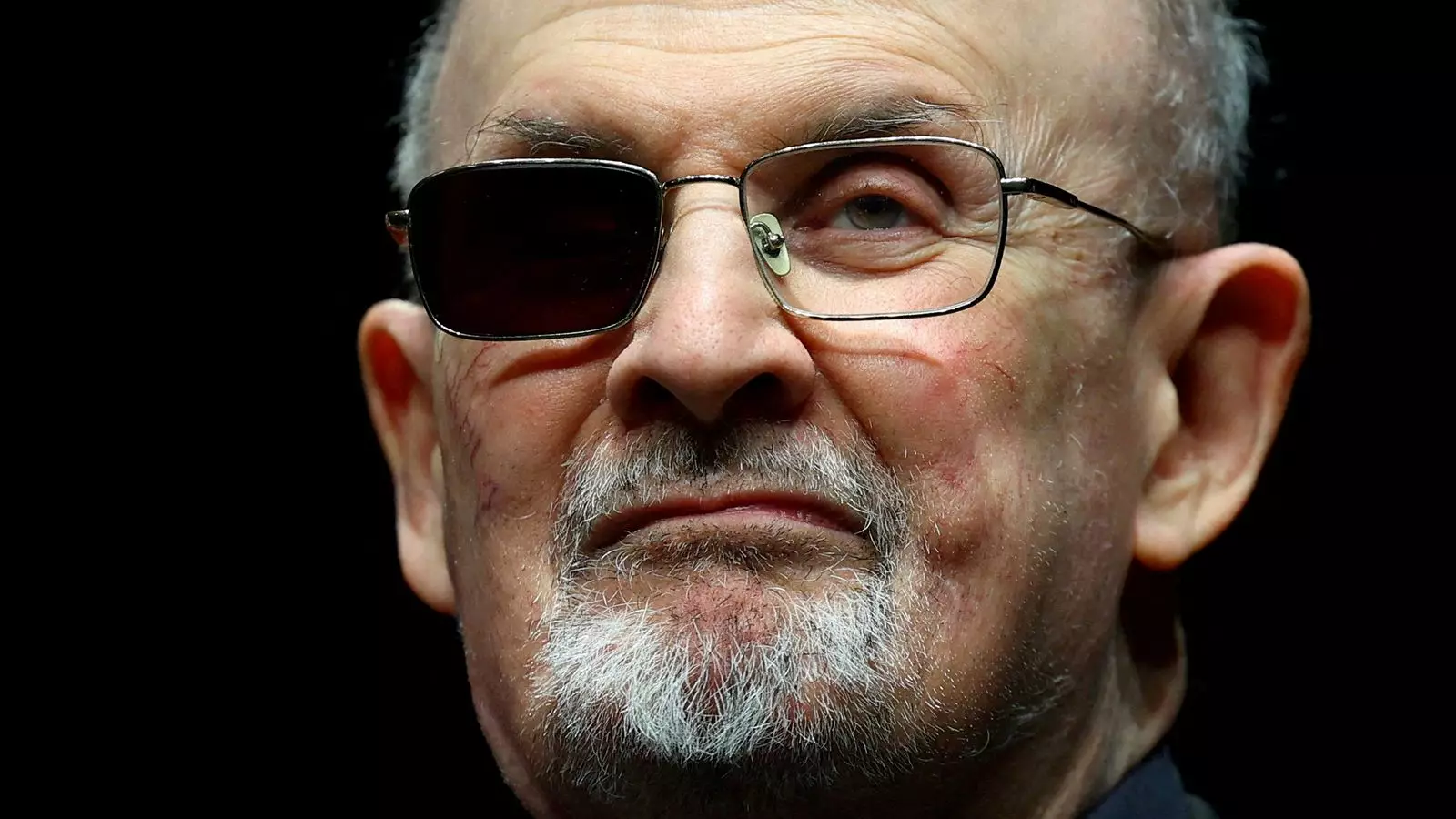In August 2022, the literary world was shaken when renowned author Sir Salman Rushdie was brutally attacked while preparing to deliver a lecture in New York. The attack not only resulted in severe physical injuries for Rushdie, but it also raised profound questions about the nature of violence, free speech, and the consequences of ideological extremism. In a swift trial following the assault, Hadi Matar, the 27-year-old perpetrator, was convicted of attempted murder and assault. As we unpack the details surrounding this tragic event, it becomes crucial to examine the broader implications of such acts of violence on society, literature, and the relentless struggle for free expression.
On a seemingly ordinary day at the Chautauqua Institution, the atmosphere turned horrifying when Matar stabbed Rushdie multiple times as he prepared to address an audience. Eyewitness accounts painted a scene of chaos and disbelief as Matar rushed the stage, wielding a knife with lethal intent. Rushdie suffered extensive injuries, including the loss of vision in one eye and severe damage to his hands and vital organs. His experience during the attack was one of immediate terror and a haunting realization of mortality. He testified about the sensation of being stabbed—a moment when a well-known author found himself face-to-face with the brutality that often lies in stark contrast to the intellectual realm he inhabited.
Matar’s conviction came after a brief deliberation by the jury, a testament to the incontrovertible evidence presented during the trial. The prosecution highlighted the unprovoked nature of the attack, illustrating Matar’s singular focus on Rushdie amid a crowded venue. As the courtroom proceedings unfolded, it became clear that this case was not merely about the physical act of violence, but rather the underlying ideologies that fueled such an attempt on a literary figure’s life.
While the defense argued that Matar’s intentions were not conclusively murderous, the overwhelming evidence of the attack’s brutality indicated otherwise. Legal experts contend that Matar’s rationale, steeped in radical ideology, reflects a growing global phenomenon where dissenting voices are silenced through intimidation and violence. This incident emphasizes the constant threat facing writers and intellectuals who dare to challenge prevailing narratives and address contentious subjects.
The Broader Implications of the Attack
The attack on Sir Salman Rushdie echoes a historical pattern of violence against authors who have penned works deemed controversial. Rushdie himself had faced death threats since the 1988 publication of *The Satanic Verses*, a novel that incited outrage from certain factions, resulting in a fatwa issued against him. This attack served as a brutal reminder of the enduring risks associated with the freedom to write and express ideas.
Violence against intellectuals is not solely a personal tragedy; it resonates across cultures and raises serious questions about the consequences of suppressing dissenting voices. Matar’s actions are reflective of a broader climate of intolerance where radical belief systems dismiss the importance of free expression. The implications of such ideology extend far beyond one individual; they impact society’s collective consciousness and stifle the discourse necessary for democracy and cultural advancement.
Concluding Thoughts: The Fight for Free Expression
As the rush to judgment unfolds in the courts, society must grapple with the themes of violence, free speech, and the moral responsibilities that come with both. The sentencing of Matar on April 23 will serve not only as a legal consequence for his actions but also as a litmus test for society’s commitment to protecting intellectual freedom. It is vital to reflect on the message that this case sends regarding the lengths to which individuals will go to eliminate voices of dissent.
The attempt on Sir Salman Rushdie’s life is a stark reminder of the necessity for resilience in the face of violence. Creative thinkers, artists, and writers must continue to advocate for their right to express ideas freely, irrespective of the potential repercussions. Addressing the root causes of such extreme actions entails an unwavering commitment to dialogue, education, and understanding—elements that can build bridges over the chasms created by fear and intolerance. Ultimately, the fight for free expression is not merely a battle for individuals like Rushdie, but for the ideological foundation of a diverse and thriving society.


Leave a Reply